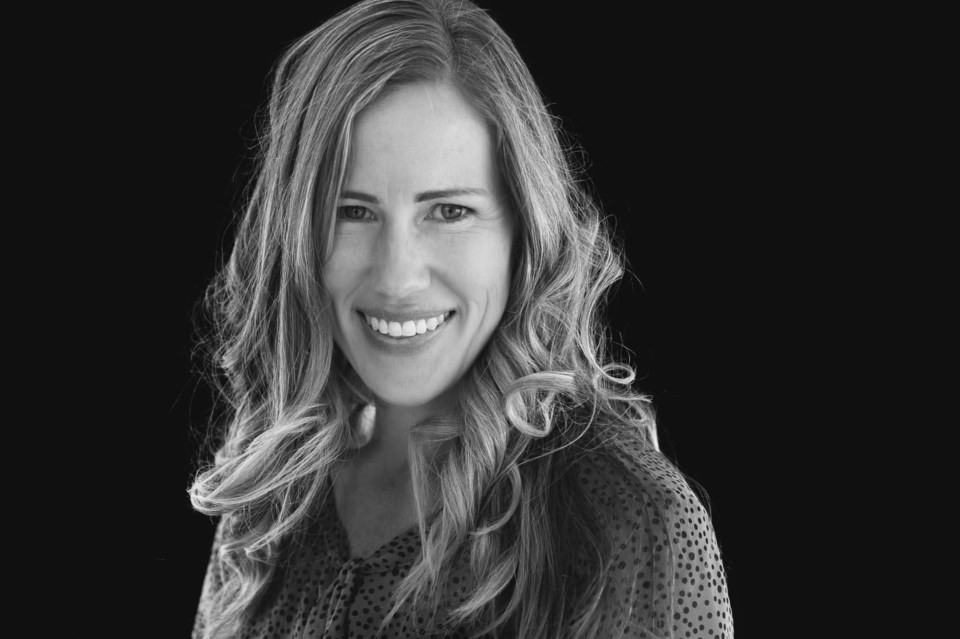As the COVID-19 pandemic drags on, some may be having more difficulty coping than others.
This could be due to a multitude of factors: concerns over oneself or family members getting sick from the virus; changes in one's employment or financial situation; the inability to socialize the same way in-person; or being cooped up in the same space seemingly interminably.
To help people adapt, a group of locals has banded together to create the Sea to Sky Healing Project, which is online here. The site is a round-up of podcasts, articles and videos curated by a team of seven locals with different backgrounds in order to provide a variety of perspectives. Collaborators are Whistler Mayor Jack Crompton, Whistler Community Services Society executive director Jackie Dickinson, clinical counsellor Greg McDonnell, Coast Mountain Academy counsellor Melahnie Moodie, Squamish Lil'wat Cultural Centre executive director Heather Paul, Pemberton photographer and one-time minister Chad Chomlack, and project founder and Whistler Half Marathon race director Dave Clark.

Clark, who has depression, said he and McDonnell were talking in mid-March about the mental health issues that would bubble up during the pandemic. They soon circled back with the need to address them, and launched the site in mid-April.
"I was in my own right going through some very stressful times," said Clark, who returned from an abbreviated vacation and quickly cancelled the 2020 edition of the half marathon. "I'd be lying if I didn't say it was therapeutic to go through this process, for sure, having lost — essentially — my job."
Clark, the chief collaborator on the project, said it was important to garner a variety of viewpoints to reflect not only different ideas, but to reflect the diverse ways in which people learn from and consume information. While the project may eventually have more original content, Clark said the early focus was to sift through available good information and make it accessible. "It's so that our community has a central place they can go to to maybe find some tools that are going to help them," he said.
He added: "We want it to be written or presented in an average person's terms and we don't want much content that's really clinical because it scares people away."
Moodie said her selections generally have the common thread of allowing people to feel protected.
"What's most important is maintaining a sense of safety and the trust that we can get through this," she said. "It is really important during this time to develop those coping strategies."
Clark said while the pandemic will affect those with existing mental-health issues, a main area of concern is those who are dealing with such challenges for the first time and may not have a toolbox or treatment plan set up.
Moodie added she's not surprised that some people will be faced with mental health challenges for the first time, given the mass of changes that the pandemic quickly brought.
"So many of us are being faced with new challenges and a situation we haven't been in before," she said. "There are so many unknowns and we're being pushed."
While some may be able to manage with the content that's provided, Clark noted that the site is there to provide some peer support and is not meant to replace professional services.
"Some people may end up needing to find themselves in front of a counsellor and talking through a situation," he said. "At least, if we can get the tools into their hands, they may find a better way of living healthier mentally in the short term than if they didn't find it."
The Canadian Mental Health Association's Mental Health Week runs from May 4 to 10.



